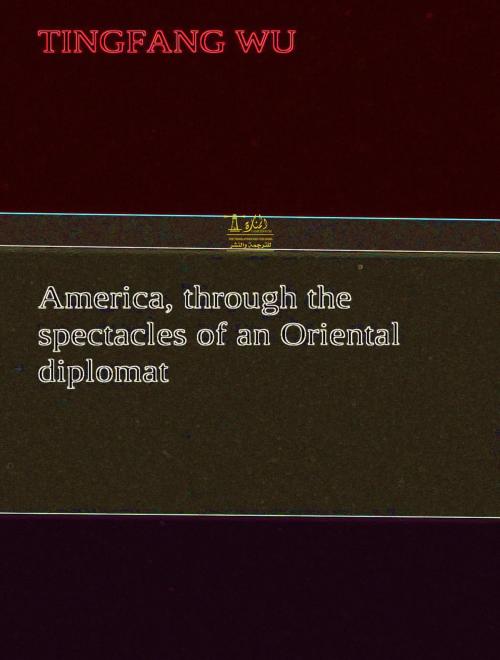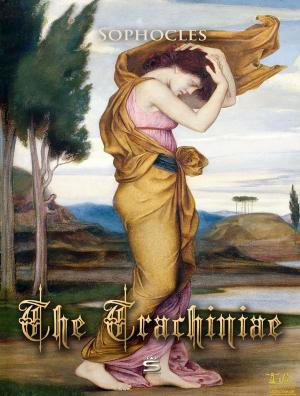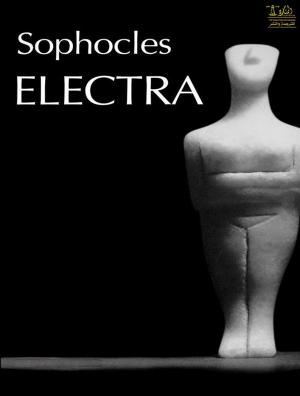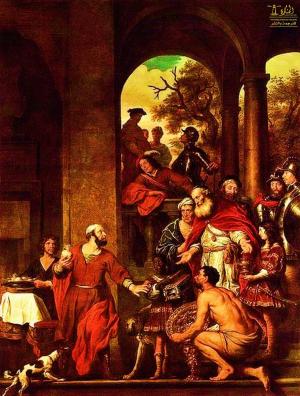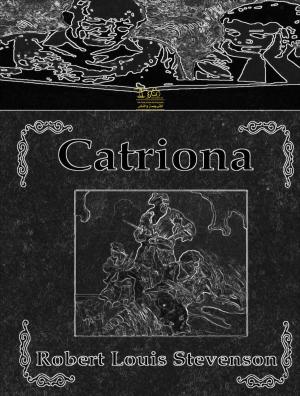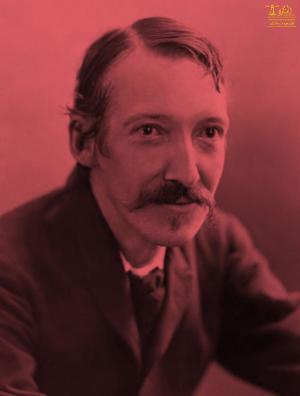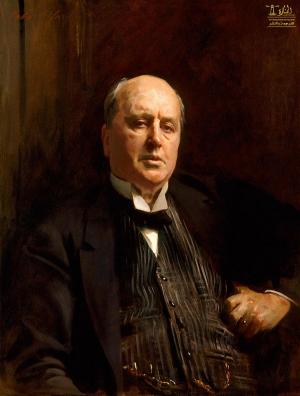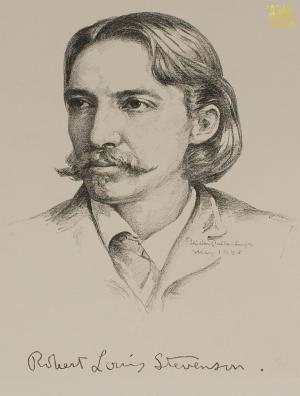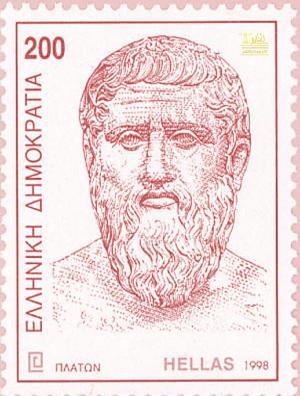America Through the Spectacles of an Oriental Diplomat
Nonfiction, Social & Cultural Studies, Political Science, Politics, Arms Control, Religion & Spirituality, Philosophy, Political| Author: | Wu Tingfang | ISBN: | 9780599543478 |
| Publisher: | Lighthouse Books for Translation Publishing | Publication: | June 2, 2019 |
| Imprint: | Lighthouse Books for Translation and Publishing | Language: | English |
| Author: | Wu Tingfang |
| ISBN: | 9780599543478 |
| Publisher: | Lighthouse Books for Translation Publishing |
| Publication: | June 2, 2019 |
| Imprint: | Lighthouse Books for Translation and Publishing |
| Language: | English |
While this book is by no means famous, it is a remarkable chance to look at America of 1914 through the eyes of an outsider. Wu Tingfang shows evidence of having thought through many issues of relevance to the United States, and while some of his thoughts are rather odd—such as his suggestion that the title of President be replaced by the title of Emperor; and others are unfortunately wrong—such as his hopes for peace, written on the eve of the First World War; they are all well-considered and sometimes show remarkable insight into American culture.
Even so, it should be remarked that he makes some errors, including some misunderstandings of American and Western ideas and an idealization of Chinese culture, and humanity in general, in some points—while I do not wish to refute his claims about China, I would simply point out that many of the things he praises have been seen differently by many outside observers, just as Wu Tingfang sometimes looks critically at things in America which he does not fully understand (and, unfortunately, he is sometimes all too correct)—in all these cases (on both sides) some leeway must be given to account for mutual misunderstandings. Still, his observations allow us to see ourselves as others see us—and regardless of accuracy those observations are useful, if only because they will allow us to better communicate.
The range of topics covered is also of particular interest. Wu Tingfang wrote this book at an interesting juncture in history—airplanes and motion pictures had recently been invented, (and his expectations for both these inventions have proven correct), and while he did not know it, a tremendous cultural shift was about to take place in the West due to the First World War and other factors. I will leave it to the reader to see which ideas have caught on and which have not. The topics include:
Immigration; the Arms Race and changes in technology; one-time six year terms for the office of President; religion and/or ethics in the classroom; women's equality; fashion; violence in the theatre (violence on television); vegetarianism; and, cruelty to animals.
While this book is by no means famous, it is a remarkable chance to look at America of 1914 through the eyes of an outsider. Wu Tingfang shows evidence of having thought through many issues of relevance to the United States, and while some of his thoughts are rather odd—such as his suggestion that the title of President be replaced by the title of Emperor; and others are unfortunately wrong—such as his hopes for peace, written on the eve of the First World War; they are all well-considered and sometimes show remarkable insight into American culture.
Even so, it should be remarked that he makes some errors, including some misunderstandings of American and Western ideas and an idealization of Chinese culture, and humanity in general, in some points—while I do not wish to refute his claims about China, I would simply point out that many of the things he praises have been seen differently by many outside observers, just as Wu Tingfang sometimes looks critically at things in America which he does not fully understand (and, unfortunately, he is sometimes all too correct)—in all these cases (on both sides) some leeway must be given to account for mutual misunderstandings. Still, his observations allow us to see ourselves as others see us—and regardless of accuracy those observations are useful, if only because they will allow us to better communicate.
The range of topics covered is also of particular interest. Wu Tingfang wrote this book at an interesting juncture in history—airplanes and motion pictures had recently been invented, (and his expectations for both these inventions have proven correct), and while he did not know it, a tremendous cultural shift was about to take place in the West due to the First World War and other factors. I will leave it to the reader to see which ideas have caught on and which have not. The topics include:
Immigration; the Arms Race and changes in technology; one-time six year terms for the office of President; religion and/or ethics in the classroom; women's equality; fashion; violence in the theatre (violence on television); vegetarianism; and, cruelty to animals.
